Decades after rocking the foundation of the music scene with the group N.W.A., Ice Cube has been a diamond in the rough in the movie world. He's consistently strong across genres, including action with Anaconda, comedies with Friday, Fist Fight, Ride Along, and Barbershop, and occasionally shows his dramatic side with films such as Higher Learning and Three Kings. Cube’s cinematic success can be traced all the way back to the seminal urban drama, Boyz n the Hood.
Almost 25 years after it hit cinemas across the United States, John Singleton’s Boyz n the Hood made a statement about Black America that remains as relevant today as it was at the time. The then 24-year-old filmmaker who became the youngest Oscar nominee for Best Director gave audiences a glimpse into the hard realities of surviving a crime-ridden community like South Central, Los Angeles. Adding to the film’s authenticity was the casting of hip-hop icon Cube, who was raised in the same streets as Singleton.
'Boyz n the Hood' Tackled Gang Violence in an Honest Fashion
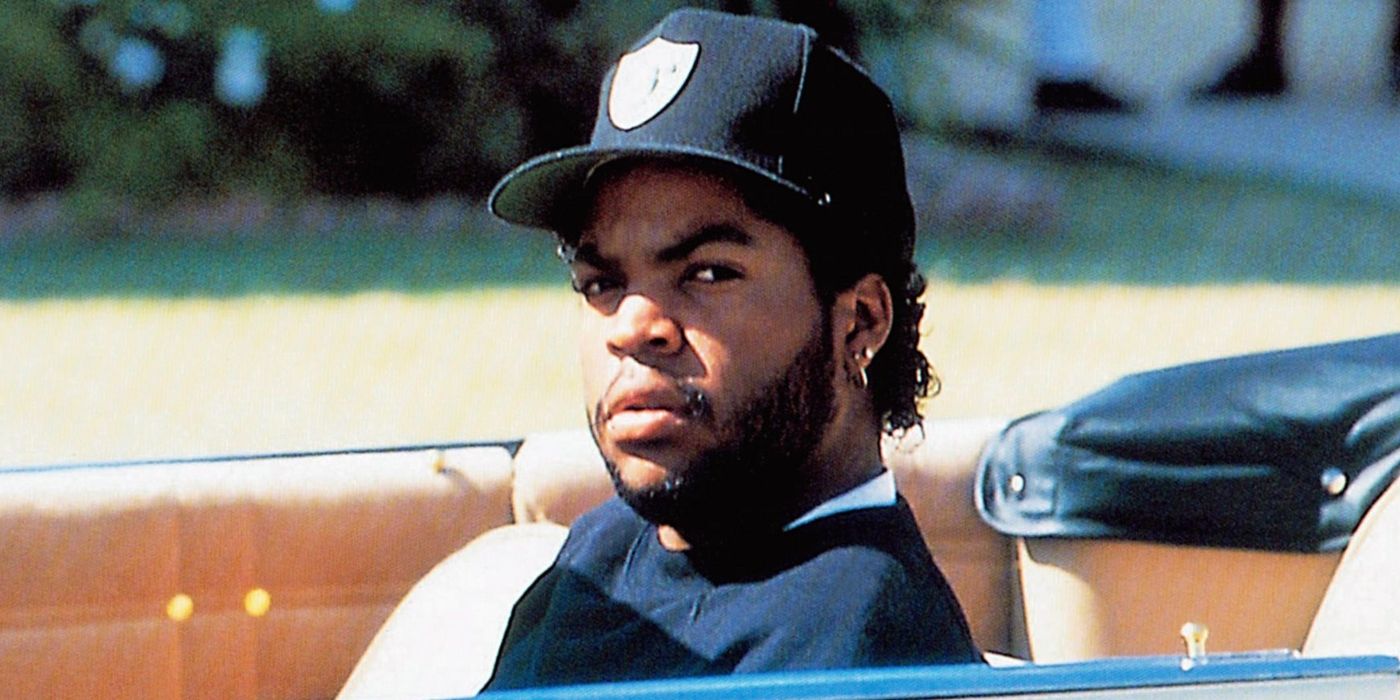 Image via Columbia Pictures
Image via Columbia Pictures
Before Boyz hit the screen, crime dramas like Dennis Hopper’s Colors only focused on gang life and the LAPD’s struggle to tackle violence in Black neighborhoods. Such a perspective from an established white director, despite its box office success, only sensationalized South Central’s crime epidemic rather than showing the real circumstances of what makes a Black child fall prey to the gangs. Singleton’s screenplay for Boyz, however, would deal with the community caught in the middle of the violence.
The initial scenes set in 1984 establish the diverging paths of the two main characters. There’s Tre Styles III (Cuba Gooding, Jr.) whose Inglewood suburban mother Reva (Angela Bassett) sends him to live in Crenshaw with his strict army veteran father, Furious Styles (Laurence Fishburne) to raise him into an honest, world-aware man. Then there is Tre’s friend Doughboy (Cube), the fatherless son of a young mom (Tyra Ferrell) who gets involved in crime early in life to become a Rollin 60s Crip. Knowing his chances of a better life are bleak, he puts all hope into his football star half-brother and teenage father (Morris Chestnut), who is pursuing a scholarship to college.
Tre’s path in the Boyz narrative is constantly struggling to walk the straight and narrow line in surviving Crenshaw. Though Furious’ emphasis on personal responsibility as well as Tre’s relationship with girlfriend Brandi (Nia Long) keeps his head above dark influences, he’s often slipping down the wrong path due to his closeness to Doughboy. Additionally, his exposure to violence from discovering a dead body at age ten to police brutality constantly puts him on the edge of self-destruction. While Furious’ teachings ultimately play to Tre’s better conscience, the lack of a strong parental presence in Doughboy’s life puts him on course to the grave.
Beyond the graphic imagery of gang violence, police brutality, and sexuality, Boyz aimed to tell a tale not rooted in fantasy. As far back as the Blaxploitation era of the ‘70s, stories about strong Black men were full of fantastical heroes who took on corrupt authority figures and oftentimes succeeded. However, none of these films allowed non-Black audiences to understand the inner city struggles of the Black community on a human level. With Spike Lee’s Do the Right Thing paving the way for examining race relations after the Civil Rights Movement ended, Boyz examined the idea that systemic racism is a detriment to young Black people by keeping them trapped in their harsh environment rather than offering real opportunities to break out of it.
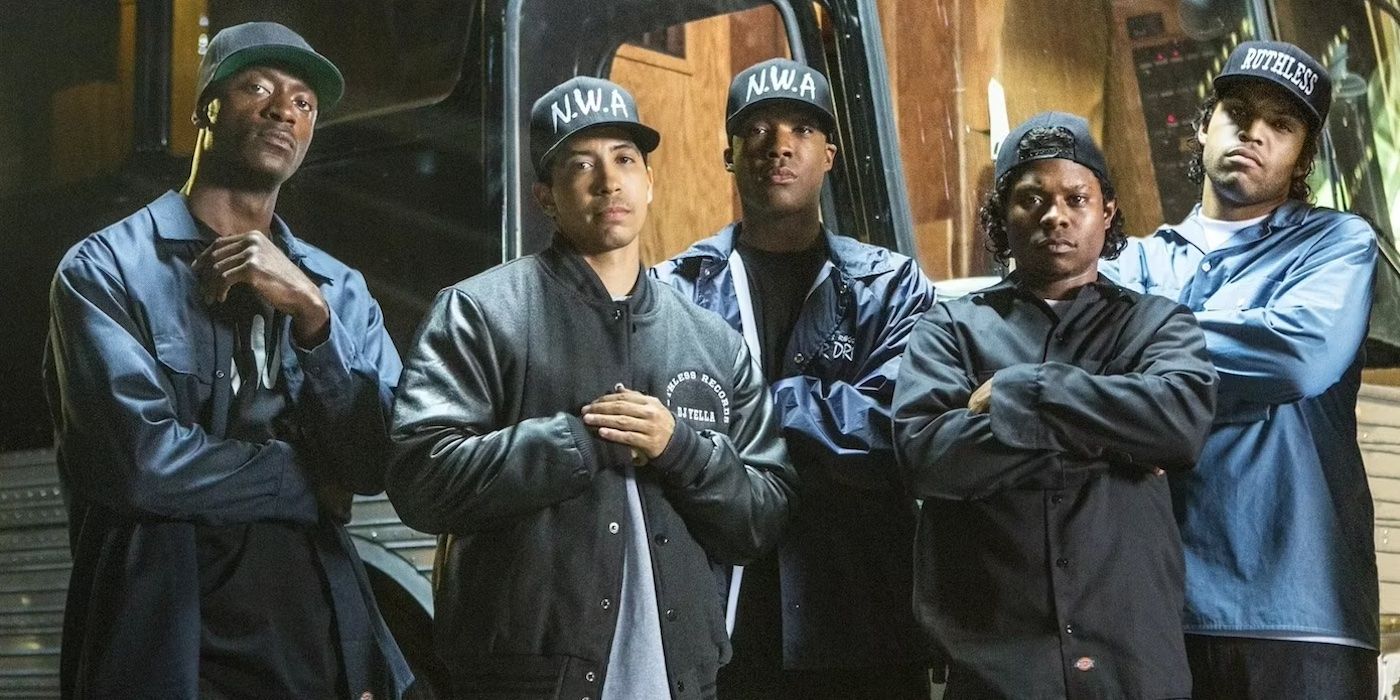
Related
The True Story Behind 'Straight Outta Compton'
What’s fact and what’s fiction in the biopic?
Such themes are brought home when Furious takes Tre to a “We Buy Houses for Cash” ad to explain to him and a group of teens how white realtors devalue the Black community to force them out in favor of redeveloped properties. This is the moment when Boyz takes a pause to address the societal problem that makes South Central so crime-infested. There is no savior to stop the epidemic on a political level. It adds to the tragedy of Doughboy, whose lack of knowledge and guidance make violence his only answer to the frustrations of an unjust world.
The power of knowledge, the need for strong male role models, and the authentic portrayals of oppressed community members of South Central made Boyz a landmark picture that paved the way not only for a new genre of cinema but also for other Black filmmakers such as Ryan Coogler and Antoine Fuqua to bring depth and honestly to life in Black America.
Boyz n the Hood is available to watch on Netflix in the U.S.
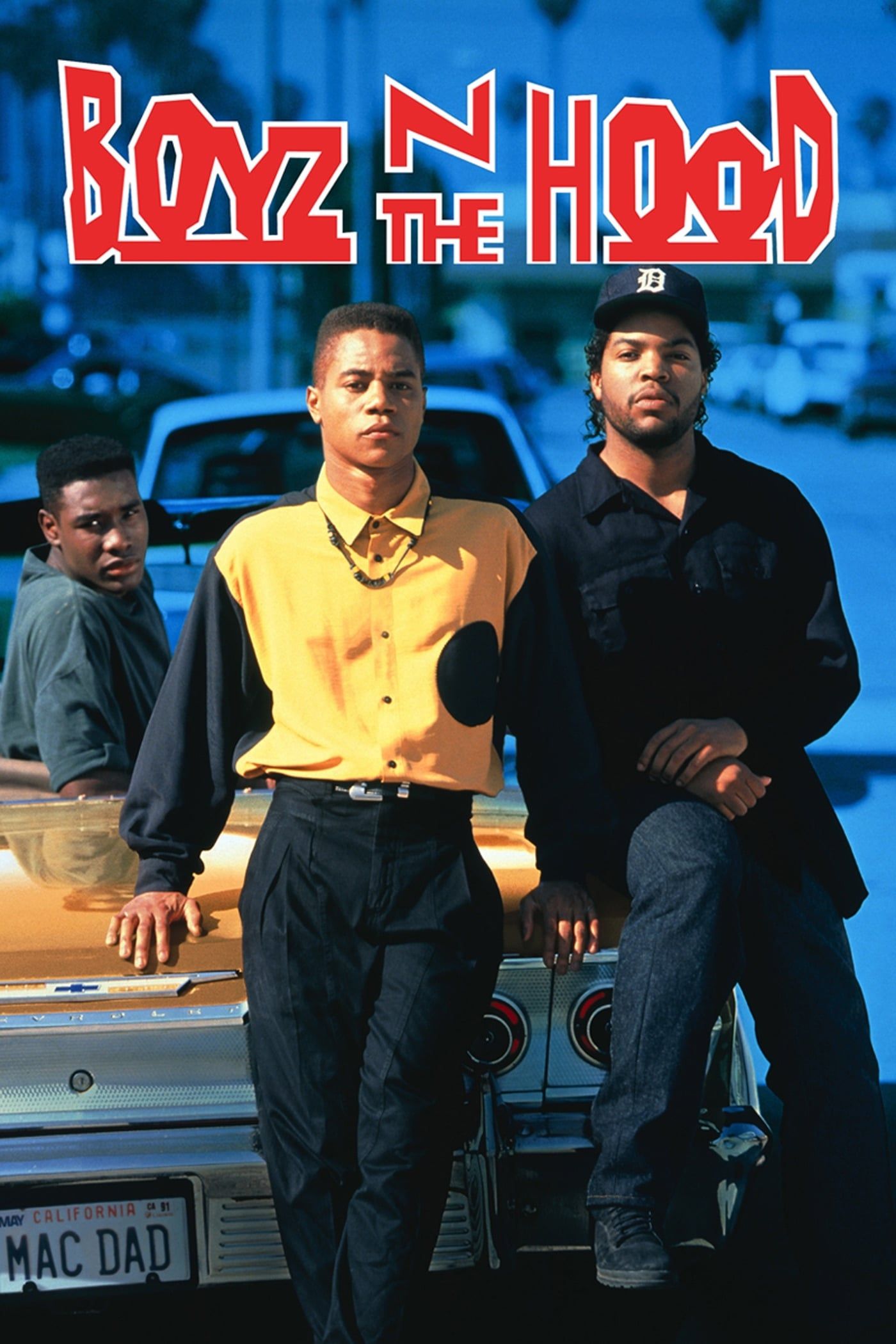
Boyz n the Hood
Release Date July 12, 1991
Director John Singleton
Runtime 102 minutes
Writers John Singleton

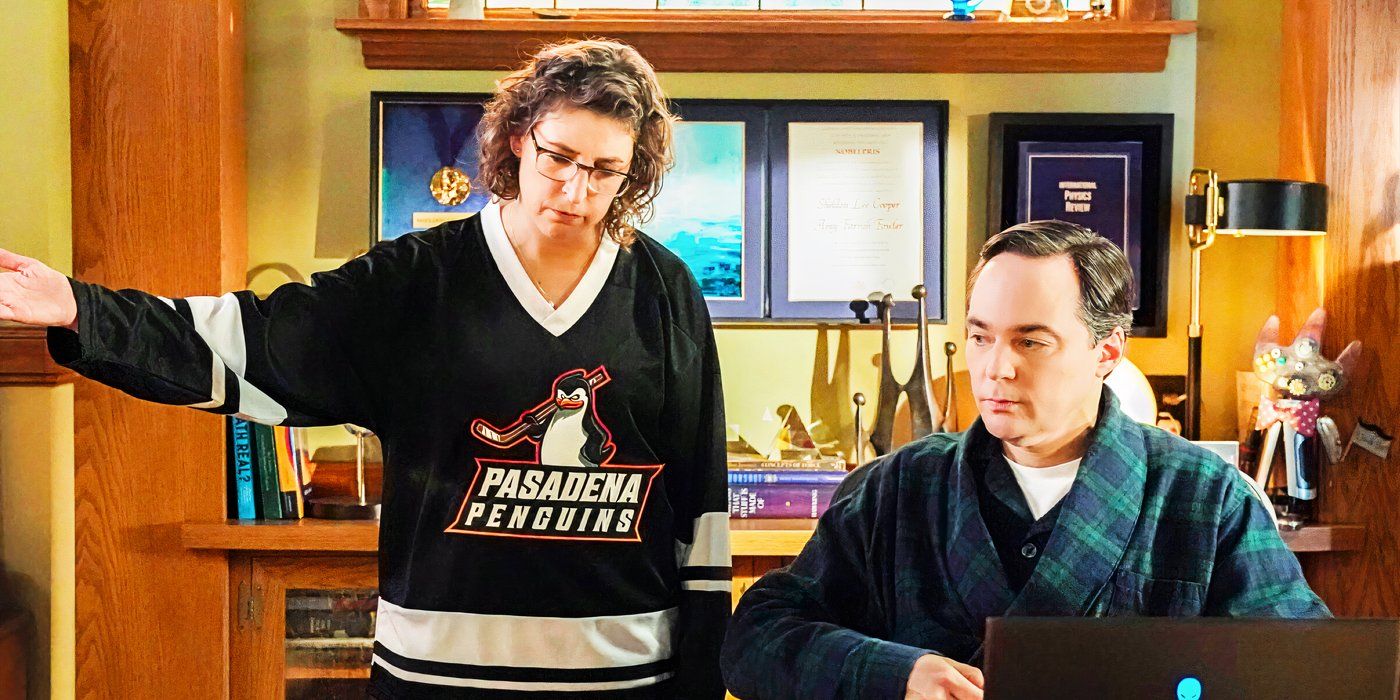
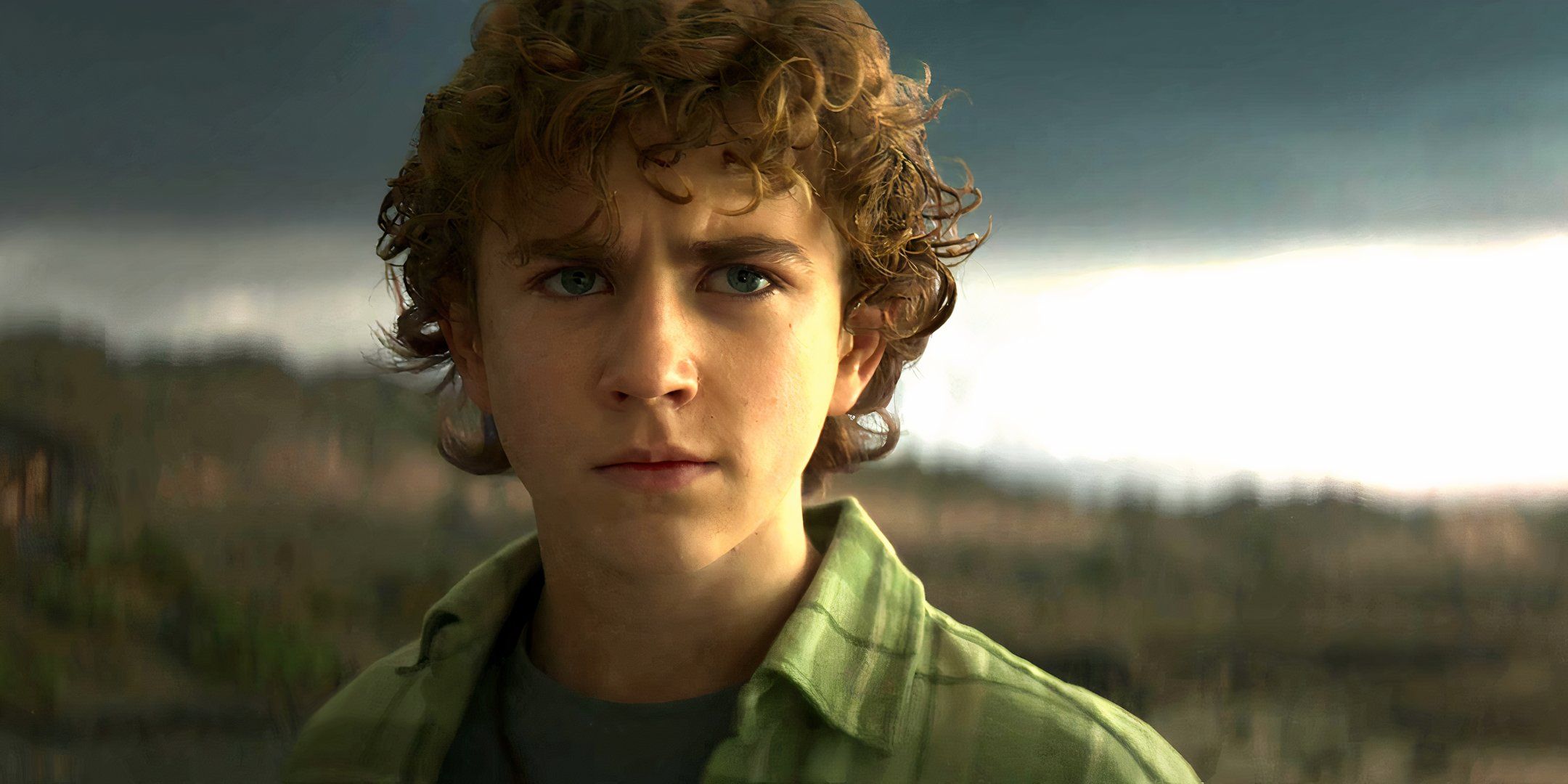






 English (US) ·
English (US) ·